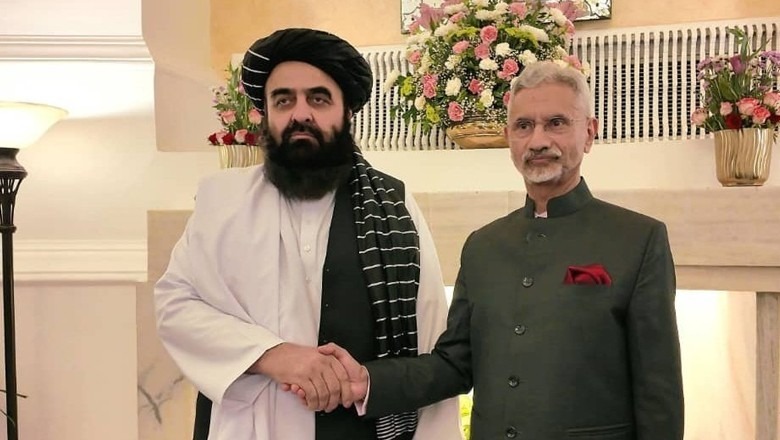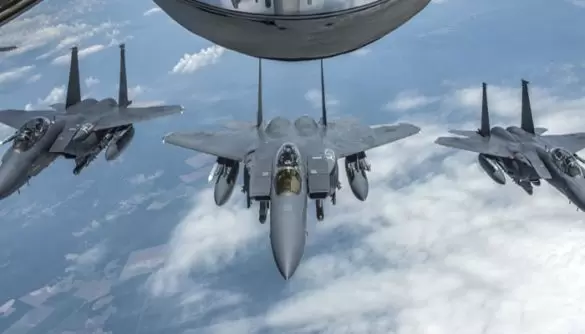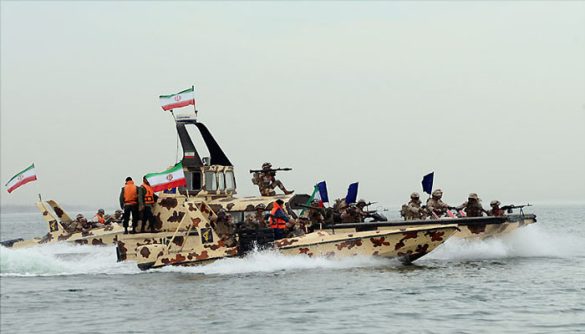India Resumes Full Diplomatic Presence in Afghanistan
In a major diplomatic shift, India has announced the full restoration of its diplomatic relations with Afghanistan, reopening its embassy in Kabul after more than three years.
The announcement was made on Friday morning during a joint press conference in Kabul, where Indian External Affairs Minister Subrahmanyam Jaishankar appeared alongside Afghanistan’s acting Foreign Minister Amir Khan Muttaqi.
Jaishankar said India was “deeply committed to Afghanistan’s sovereignty, territorial integrity, and independence.” He confirmed that India’s technical mission, which had been operating in a limited capacity since 2022, would now be formally elevated to the status of a full-fledged embassy.
“I am pleased to announce that India’s technical mission in Kabul is now being upgraded to an embassy,” Jaishankar told reporters.
This move marks India’s most significant engagement with Afghanistan since the Taliban’s return to power in August 2021.
Development Aid and New Humanitarian Commitments
During the joint briefing, Jaishankar unveiled a new package of development and humanitarian initiatives. India will launch six new infrastructure and social development projects across Afghanistan. The country will also donate 20 ambulances, along with modern medical equipment, vaccines, and cancer medicines, to support Afghanistan’s struggling healthcare system.
India has been one of Afghanistan’s largest regional donors over the past two decades, having invested more than $3 billion in projects ranging from roads and dams to schools and hospitals. The latest aid package, according to officials, aims to “revitalize people-to-people ties” and strengthen humanitarian support amid the country’s ongoing economic and health crises.
Diplomatic Freeze After 2021 and Gradual Thaw
India’s embassy in Kabul was closed in August 2021, immediately after the Taliban seized power and U.S.-led forces withdrew from the country. Following the embassy’s closure, diplomatic relations between New Delhi and Kabul remained suspended for about ten months.
In June 2022, India cautiously re-engaged by sending a technical team to Kabul after receiving security assurances from the Taliban. The team focused on overseeing humanitarian aid distribution and maintaining contact with local authorities.
By October 2025, both nations had shown signs of improving ties, culminating in this week’s formal resumption of full diplomatic operations.
Taliban Pledges Non-Interference
At the same press conference, Afghan Foreign Minister Amir Khan Muttaqi made a rare public commitment regarding regional security. He assured that Afghanistan under the Taliban would not allow its territory to be used against India or any other country.
“The Islamic Emirate of Afghanistan will not permit its soil to be used for any activity hostile to India,” Muttaqi declared.
His remarks appear aimed at addressing India’s long-standing security concerns about extremist groups operating from Afghan territory — particularly those linked to Pakistan-based networks.
No Formal Recognition of the Taliban Yet
Despite the reopening of its embassy, India has not officially recognized the Taliban government. New Delhi continues to describe its engagement as “people-centric” and focused on humanitarian and developmental cooperation rather than political endorsement.
Most countries — including the United States, the United Kingdom, and members of the European Union — share a similar stance. So far, Russia remains the only major power to have formally recognized the Taliban administration, though several nations have maintained working-level contacts with Kabul.
Analysts see India’s latest move as a calibrated diplomatic step — an effort to regain influence in Afghanistan while maintaining its cautious approach toward the Taliban regime.
A Calculated Return
Experts suggest that India’s re-engagement reflects both strategic and humanitarian considerations. Afghanistan remains vital to India’s regional interests, particularly concerning security and connectivity through Central Asia.
“New Delhi understands that a prolonged absence from Afghanistan would only cede ground to regional rivals,” said a South Asia analyst at the Observer Research Foundation in New Delhi. “Reopening the embassy gives India both visibility and leverage.”
As Afghanistan continues to grapple with poverty, sanctions, and international isolation, India’s renewed presence could play a pivotal role in providing humanitarian aid — and potentially shaping the country’s regional diplomacy in the coming years.















